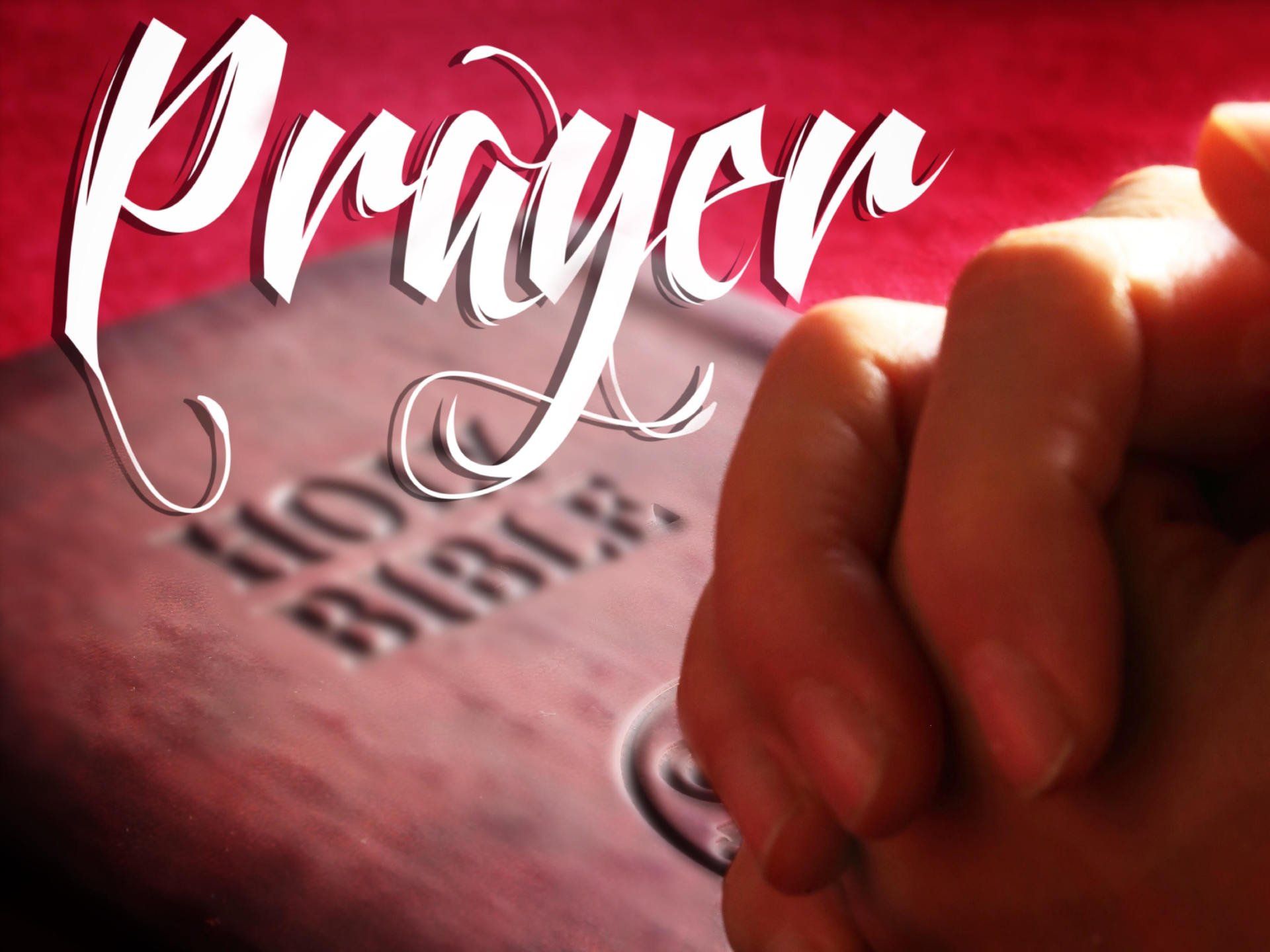Text/Call: 925.233.6224 or follow us on
prayer-week12

Week 12 (8/4/2019)
Intimacy: Finding His Grace (ch.13, pg. 205-221)
For this weeks study please read chapter 13 in the book, “Prayer”, by Timothy Keller. If you have any observations or questions in the reading please feel welcome to bring them to your Life Group.
Main point for the Study:
Jesus Christ paid for our sin. Sin’s condemnation can no longer fall on we who have repented and believed in him (Rom 8:1). If we forget this, we turn confession into a grueling, self- punishing penitence rather than gospel repentance. (Keller, Prayer, pg. 208)
Primary Bible Scripture for the week:
Psalm 32 (ESV)
1 Blessed is the one whose transgression is forgiven,
whose sin is covered.
2 Blessed is the man against whom the Lord counts no iniquity,
and in whose spirit there is no deceit.
3 For when I kept silent, my bones wasted away
through my groaning all day long.
4 For day and night your hand was heavy upon me;
my strength was dried up as by the heat of summer. Selah
5 I acknowledged my sin to you,
and I did not cover my iniquity;
I said, “I will confess my transgressions to the Lord,”
and you forgave the iniquity of my sin. Selah
6 Therefore let everyone who is godly
offer prayer to you at a time when you may be found;
surely in the rush of great waters,
they shall not reach him.
7 You are a hiding place for me;
you preserve me from trouble;
you surround me with shouts of deliverance. Selah
8 I will instruct you and teach you in the way you should go;
I will counsel you with my eye upon you.
9 Be not like a horse or a mule, without understanding,
which must be curbed with bit and bridle,
or it will not stay near you.
10 Many are the sorrows of the wicked,
but steadfast love surrounds the one who trusts in the Lord.
11 Be glad in the Lord, and rejoice, O righteous,
and shout for joy, all you upright in heart!
Study and Reflection Questions:
In Keller’s book, Prayer, chapter 13 focuses on the second of three primary categories of prayer. The three types are, “upward” prayer, “inward” prayer, and “outward” prayer. This week’s chapter focuses on “inward” prayer; also referred to as confession, asking forgiveness, and repentance.
Psalm 32 speaks directly to the power of confessional prayer and receiving forgiveness from God. The first two verses of the passage introduce the main topic of the Psalm by declaring a blessing. In verses 1 and 2 whom is God’s blessing upon? What do you think, “in whose spirit there is no deceit” means (v.2)?
In verse 1 and 2 we learn that God’s blessing is upon the person who is forgiven of sin. We also see the first hint of the need for confession (v.2). In the next two verses (read vv. 3, 4) we see what happens to those who try to hide their sin from God. What does life look like for the person who refuses to confess their mistakes and shortcomings to God in prayer? In contrast what happens when we openly confess our sin to God (v. 5)?
Now in verse 6 we are exhorted to “pray” and openly confess our sins to God. This brings three blessing upon the person in prayer. What are they? Hint: 1—see verse 7; 2—see verse 8; 3—see verse 10.
The psalm ends with telling us the response that all sinners should have after confessing their sin before God and freely receiving His just forgiveness. Do you finish your confession to God with gladness, rejoice, and joy? According to this Psalm why should we “shout for joy” after our prayers of confession?
